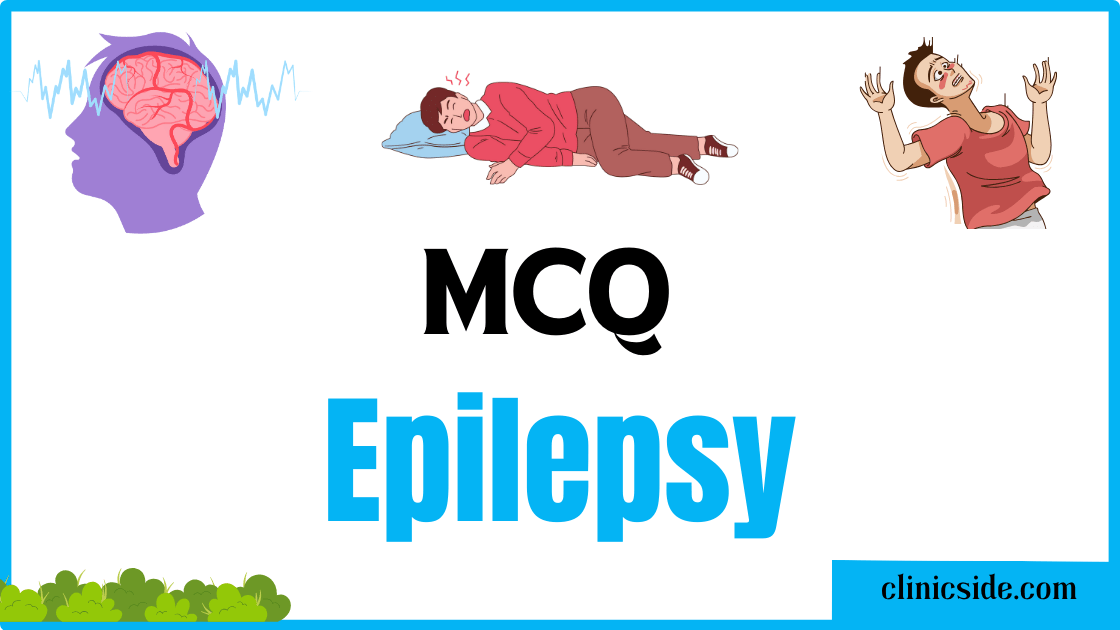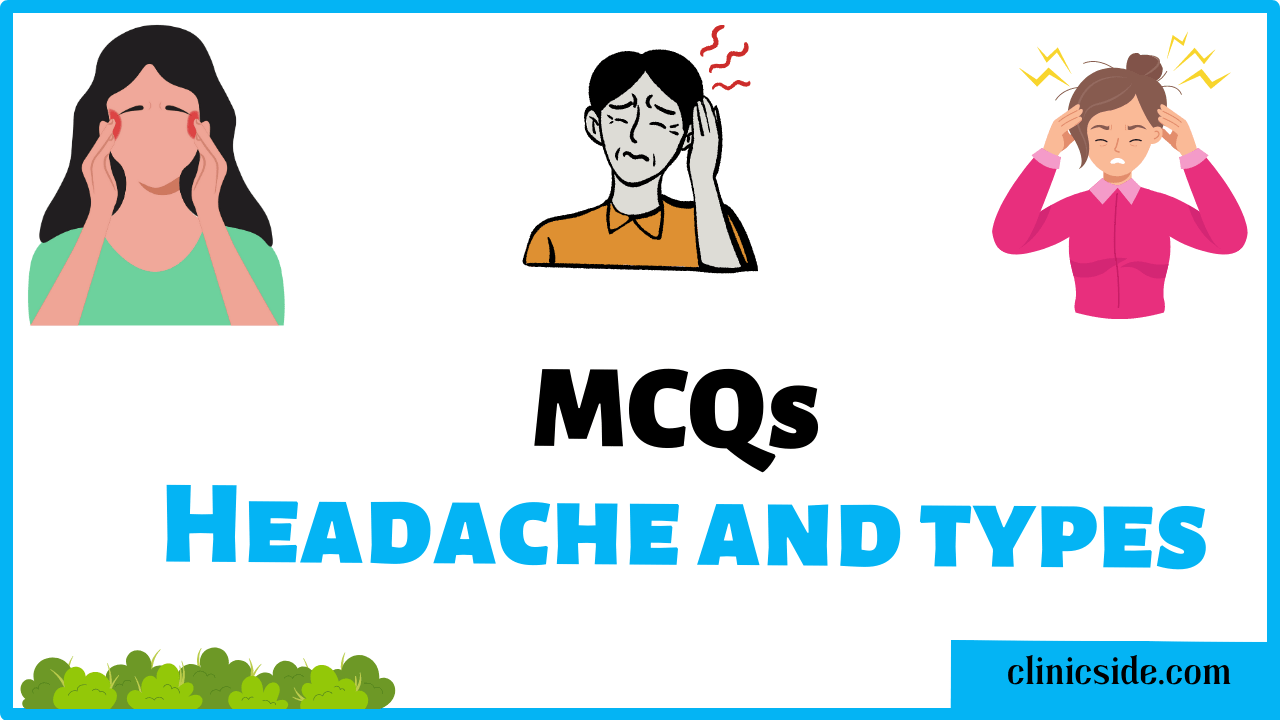Quiz
Available options: 1 to 20
Pre-Quiz Discussion On Epilepsy:
Epilepsy is a chronic neurological disorder characterized by recurrent and unpredictable seizures. These seizures are caused by abnormal electrical activity in the brain, resulting in a temporary disturbance of brain function that can manifest in various forms, from brief lapses of awareness to full-body convulsions.
Causes:
- Idiopathic: The cause of epilepsy is unknown in many cases.
- Symptomatic or Secondary: Resulting from brain injury, tumors, stroke, infections, or developmental disorders.
Types of Seizures:
Epileptic seizures are classified into two main categories:
- Generalized Seizures: Affecting both hemispheres of the brain.
- Tonic-clonic seizures: Previously known as grand mal seizures, characterized by convulsions, loss of consciousness, and muscle stiffness.
- Absence seizures: Brief episodes of staring or unconsciousness without convulsions.
- Focal (Partial) Seizures: Initiated in a specific area of the brain.
- Simple partial seizures: May cause altered emotions, unusual sensations, or involuntary movements.
- Complex partial seizures: Often associated with altered consciousness or awareness.
Diagnosis:
- Medical History: In-depth evaluation of past medical conditions, family history, and seizure description.
- Electroencephalogram (EEG): Records brain’s electrical activity to detect abnormal patterns.
- Imaging Tests: MRI or CT scans to identify any brain abnormalities.
Treatment:
- Antiepileptic Medications: Prescribed to prevent or reduce the frequency of seizures.
- Surgery: For cases where seizures are limited to a specific area in the brain.
- Vagus Nerve Stimulation (VNS): Involves implanting a device to send electrical impulses to the brain.
Living with Epilepsy:
- Medication Adherence: Following the prescribed medication regimen is crucial.
- Lifestyle Considerations: Adequate sleep, stress management, and avoiding triggers are essential.
- Support Networks: Engaging with support groups or counselors for emotional support.
Precautions During Seizures:
- Ensure a safe environment to prevent injury during a seizure.
- Do not attempt to restrain the person; gently guide them away from potential hazards.
- Place something soft under the head to prevent head injuries.
Test Guidelines and Time Limit:
Guidelines for Maximizing Your Quiz Experience:
Read and Understand:
Carefully read each question related to Epilepsy and ensure you have a clear understanding of the concepts before selecting your answer. This will help you make informed choices and avoid misconceptions.
Choose the Best Answer:
Evaluate all available options before selecting the one that aligns best with your knowledge of Epilepsy. Strive for accuracy and relevance in your responses.
Time Management:
The quiz has a time limit based on the number of questions you choose. Allocate 45 seconds per question. Manage your time wisely to complete all questions within the allotted time.
Efficient time management increases your likelihood of successfully completing the quiz and submitting your answers within the designated timeframe. Best of luck!






